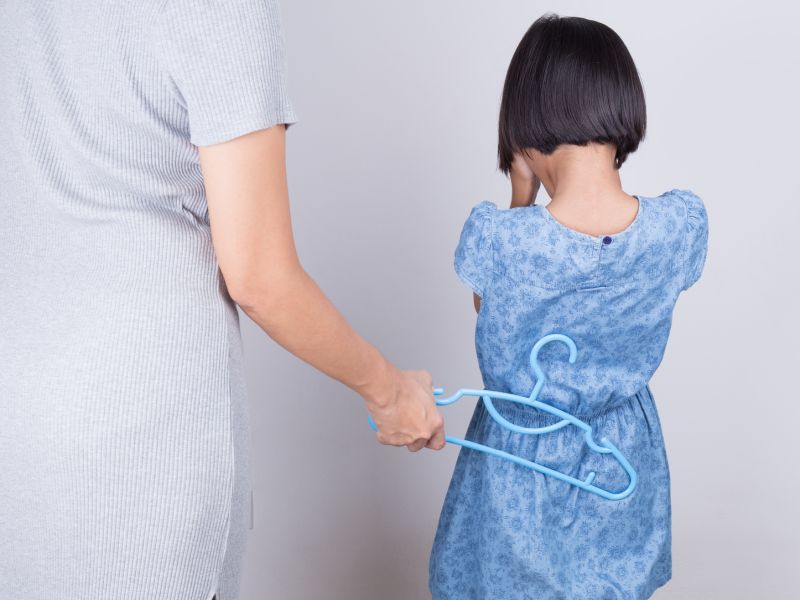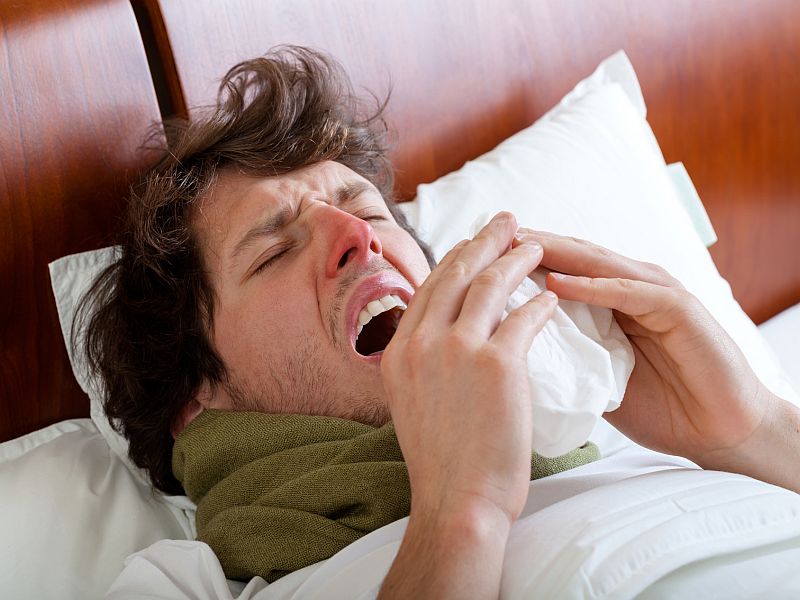
The first confirmed human case of Keystone virus has been diagnosed in a Florida teen, but it’s likely that infection with the mosquito-borne disease is common among state residents, researchers report. The virus can cause a rash and mild fever. It’s named after the location in the Tampa Bay area where it was first identified… read on >






























